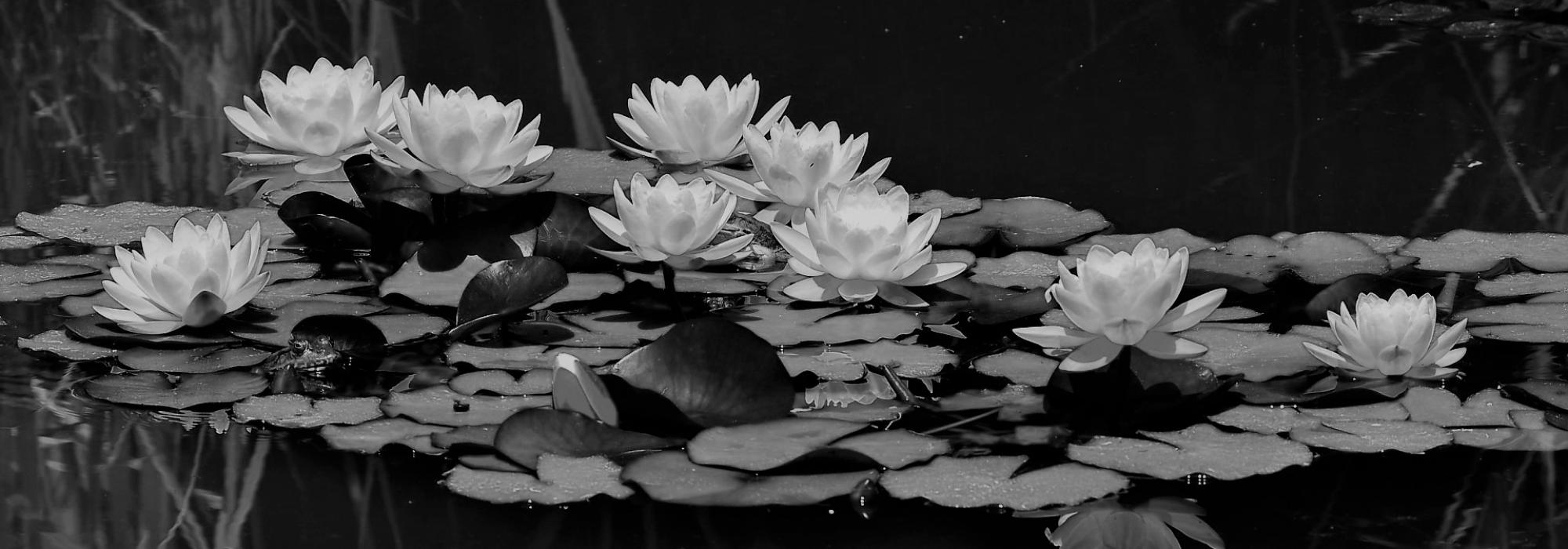“Kālidāsa composed poems in Kannada”:
वाणीवीणागुणरणनचिन्माधुरीमोदयुक्त्या
गौरीशर्वाद्वयनयजयप्रीतिसंस्फूर्तिशक्त्या।
देशस्यास्य प्रसृमरकलाशास्त्रविज्ञानरक्त्या
कर्णाटोक्त्या कवनमकरोत् कालिदासः कवीन्द्रः॥[1]
Attuning his words to the lilting melody of Sarasvatī’s lute, being inspired by the unalloyed love of the inseparable couple Śiva and Pārvatī, and enriching the all-round culture of our country, Kālidāsa composed his poems in Karṇāṭa-bhāṣā.
The etymological meaning of ‘Karṇāṭa’ (karṇeṣu aṭati iti) is ‘that which resonates in the ear,’ and the poet has made use of this to convert the present word—hitherto a rūḍha-pada—to a yoga-pada. Therefore, the solution has an etymological charm (nairuktika-camatkāra).
The following challenge is an example of bhāṣā-śleṣa, a sub-variety of semantic challenges. While it is actually composed in Sanskrit, it sounds like Telugu when read out: nīpereme Jalaja-vadanā nityamun muddun īvā—O lotus-faced lady, what is your name? Why don’t you kiss me incessantly?
रम्यं रम्यं रसमयकथारासलीलाभिगम्यं
चित्रं चित्रं चतुरसुकलाचिद्विलासं विलासम्।
गोविन्दं तं सपदि सुपदं नित्यमन्वेष्टुकामा
नीपे रेमे जलजवदना नित्यमुन्मुद्धुनीव॥[2]
Rāsa-līlā, Kṛṣṇa’s sublime sport, is a great delight to devotees. It’s beyond us to even imagine Kṛṣṇa’s mesmerising acts. Looking for him, a lotus-faced lady happily sauntered by a Kadamba grove like a gushing river.
The poet must first make sense of this line in Sanskrit, marshalling forth his knowledge of various euphonic combinations, and then proceed to think of a solution. While the challenge itself is bilingual, the solution is monolingual, thus making the former more beautiful than the latter. Since the challenge presents no difficulty in terms of meaning, the performer could have tried to compose a more elegant solution. The present solution has many superfluous words.
The next challenge belongs to the category of apa-śabdābhāsa. It sounds incorrect but is actually grammatically perfect.
“Moon rejoices on dusty ground”:
पुरजिति विमुखी बभौ भवानी
विरहरुजाथ शिवे तथा शयाने।
मुकुटमणिरसौ लुठन्विषण्णो भ्-
रमति रमावरजो रजोमयोर्व्याम्॥[3]
Pārvatī was reluctant to unite with Śiva. When he restlessly tossed and turned all over, moon, his crest-jewel, weltered on dusty ground.
The root ‘ram’ is an ātmanepadī and hence ‘ramati’ is an incorrect word. The poet has the responsibility to set aright this flaw, along with coming up with a solution. He has done so by converting ‘ramati’ (to rejoice) to ‘bhramati’ (to totter), adding the phoneme ‘bh.’
Artha-cchala—Semantic Challenges
“Rukmiṇī is the Creator’s consort”:
वच्मि किं कृष्ण रूपेण तव सा कामकामिनी।
रुक्मिणी धातुरर्धाङ्गी विद्यया गुणहृद्यया॥ (R. Ganesh)
O Kṛṣṇa, how do I describe your beloved? Going by looks, she is Rati-incarnate. And as for learning, Rukmiṇī is Sarasvatī herself.
The solution is framed such that it appears as an impassioned praise of Rukmiṇī in the presence of Kṛṣṇa.
“Pārvatī’s feet have fifty faces”:
किञ्चिद्विलासकुपितां दयितां विनेतुं
साम्ना स्मरेषुनिहतः किल तां ववन्दे।
पञ्चाननोऽथ नखपङ्क्तिसमर्पितस्तत्
पञ्चाशदास्यसहितं नगजाङ्घ्रियुग्मम्॥ (R. Ganesh)
To pacify his beloved who posed mock anger, Śiva, the five-headed deity, fell at her feet. With his five faces reflecting in her shining toenails, Pārvatī’s feet appeared to have fifty faces.
Simple math tells us that the five faces of Śiva, when reflected in ten toenails, produce fifty images.
“A royal-swan longs for rain”:
कीर्तौ स्थिरायां भवतः स्थिरायां
मन्दाक्षभारेण विलोकितुं ताम्।
असूयया ह्यापदि मर्तुकामा
वर्षोदयं वाञ्छति राजहंसी॥[1]
Your fame is all-pervading on earth [and this has given a deathblow to Swans’ pride]. Unable to bear the burden of this shame and wanting to submit itself to death, a jealous royal-swan longs for rain.
The solution is a veiled praise of a King and employs poetic conventions that posit fame is white in colour and swans shun rain.
“Looking at a deer, a tiger is overcome by fear”:
श्रुतेऽपि मन्नामनि कान्दिशीको
रामो भवेदित्यभयं वदन्तम्।
सीतेत्यवोचद्दशकन्धरं चे-
द्व्याघ्रो मृगं वीक्ष्य हि कान्दिशीकः॥[2]
When Rāvaṇa boasted saying “Rāma would surely run away just by hearing my name,” Sītā [sarcastically] said, “Yeah, a tiger does tremble seeing a deer.”
The poet has solved the challenge by juxtaposing the asaṃbhāvyatā (impossibility) it presents with another impossibility. The suggestion is that Rāvaṇa can defeat Rāma only when a tiger trembles before a deer—i.e, never!
“It’s no wonder if blue turns into red”:
धीरापरोक्षमिह यद्रसशास्त्रशाला-
स्वाम्लद्रवस्य परिणामपदं विशिष्य।
लिट्मस्-दलं भजति वर्णविपर्ययं त-
च्चित्रं किमत्र यदि रागमुपैति नीलम्॥ (R. Ganesh)
It is a Chemist’s rudimentary knowledge that a litmus paper changes its colour. When it’s met with an acidic solution, it’s but natural for it to turn from blue to red.
The same challenge has been solved in a different way in the next verse:
चित्रं किमत्र यदि रागमुपैति नीलं
सन्ध्यासु नित्यमिदमम्बरविद्यमानम्।
आलेख्यकौशलकलाविधिना विभाव्यं
देवस्य पश्य तदिदं रसविस्मयार्थम्॥ (R. Ganesh)
It’s no wonder if blue turns into red: we witness this phenomenon every day. During dusk, the blue sky, like a painting done by the Supreme, turns red.
While the first solution is of the śāstra-cchala type and can only be the creation of a modern poet, the second is based on a simple observation of nature, an idea that can occur to a poet of any age.
“Rati, Manmatha’s wife, has a pronounced paunch”:
शिरीशपुष्पादपि कोमालाङ्गी
विशेषकान्त्या परिभासमाना।
प्रपूर्णगर्भेण विराजमाना
महोदरी मारवधूर्विभाति॥ [1]
Rati, tenderer than a Śirīṣa blossom, is about to become a mother and glows with unprecedented beauty. In the course of motherhood, she appears to have a paunch.
Manmatha is the deity of love and Rati, his beloved, is desire personified. She is spotlessly beautiful. How does one visualise her with a paunch? By thinking of her as a mother-to-be! Kudos to the poet on a well-crafted verse.
[1] Śatāvadhāna-sāramu, p. 10
[2] Ibid.
[1] Śatāvadhāni-racanā-sañcayanam, p. 293
[2] Sahasra-śīrṣa, p. 34
[3] Śatāvadhāni-racanā-sañcayanam, p. 291
To be continued.
















































